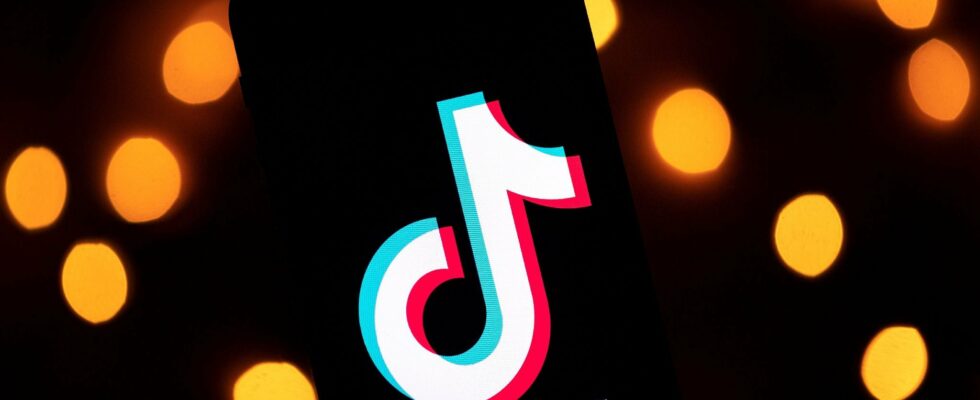The social network TikTok authorized the posting of advertisements containing disinformation linked to the European elections, according to a report published this Tuesday, June 4, contravening its own conditions of use and calling into question its ability to detect false information a few days before the election.
British NGO Global Witness created 16 advertisements aimed at the Irish public containing misinformation about the elections, which take place from Thursday to Sunday, and attempted to publish them on three platforms: TikTok, YouTube (owned by Google) and X (formerly Twitter), the social network owned by Elon Musk.
TikTok, which is particularly popular with young people, approved the posting of 16 advertisements, YouTube blocked 14, X filtered all the advertisements and suspended the fake accounts, the NGO indicates in its report. “TikTok has failed this test miserably,” Henry Peck, campaigner at Global Witness, commented to AFP.
The NGO announced that it had filed a complaint with the Irish regulatory authorities, believing that the social network could violate European rules aimed at limiting threats to elections.
Submitted to the three platforms last month, these false advertisements all contained elements that could jeopardize the proper conduct of the vote. In particular, we could find messages encouraging voters to stay at home due to a risk of violence in polling stations or an increase in contagious diseases. Some claimed that the legal voting age had been raised to 21 or called for voting by email, which is impossible for the European elections.
“Human error”
“I was surprised because, in the past, TikTok has spotted content that went against its rules and, in this case, saw nothing,” Henry Peck said. “It appears that it has the necessary systems and capabilities and yet this content has not been stopped.”
In its response to the study, which Global Witness communicated to AFP, TikTok acknowledged that these advertisements violated its regulations. Citing an internal investigation, the social network, which is owned by Chinese company ByteDance, said its system correctly identified the ads as violating its rules of use but that they were approved due to “human error.” of a moderator. “We immediately put new processes in place to prevent this from happening again,” a TikTok spokesperson told AFP.
This failure to block these misleading advertisements comes as calls are increasing to ask platforms to better regulate the flow of disinformation which particularly affects the polls. Henry Peck insists it is “absolutely vital” that social media take action against this threat to democracies as major elections take place around the world in 2024, culminating in the United States in november.
Earlier this year, the European Union issued guidelines requiring major platforms, including TikTok, to take steps to reduce the risk of poll interference, under the Digital Services Regulation (DSA ) introduced last year. “And yet, in Europe, TikTok seems to be sleeping soundly, as if it was unaware of this blatant electoral disinformation,” concludes Henry Peck.
Electoral battlefield
Global Witness says it removed the fake ads after receiving notification from TikTok that they had been accepted, to avoid any negative impact.
The NGO also submitted an ad that did not contain disinformation but violated the platform’s rules of use, which prohibits advertising for political purposes. The group paid 10 pounds (11.7 euros) and found that they received 12,000 impressions before the credit ran out.
TikTok has become a major electoral battleground, with European and American politicians – including presidential candidate Donald Trump – seeking to exploit the platform’s virality. The social network is however threatened in many countries, notably in the United States where President Joe Biden recently signed a bill which would ban the application if its owner did not find a buyer within a year.
